Genetics and Molecular Biology
Precision medicine is a "developing approach to disease treatment and prevention that considers individual heterogeneity in genes, environment, and lifestyle." Precision medicine refers to the use of genetic and other technologies to define disease at a lower level, allowing for more specific targeting of disease subgroups with novel medicines. Genome sequencing has the potential to improve patient care by improving diagnostic sensitivity and allowing for more precise therapy targeting. To fully realise this promise, genomics tools designed for genetic discovery, such as DNA-sequencing technologies and analytic algorithms, must be tailored to meet clinical demands. Clinical genomics sits at the crossroads of population-based sequencing-led discovery genetics and traditional low-throughput techniques to genetic identification in patients. The global scientific and technological advancements in molecular biology have resulted in a new approach to biological challenges, ushering in a new era of scientific research in biology, chemistry, and physics, as well as novel medical procedures. The application of molecular biology methods to the diagnosis of a wide range of infectious and genetic diseases is today the foundation for medical practice.
- Cell Biology
- Microbial genetics
- Biological Molecules
- Molecular Immunology
- Genetics
- Genetic Disorders
- Cellular Biology
- Molecular Research
- Molecular Pathology
- Gene Therapy
- Molecular Epidemiology
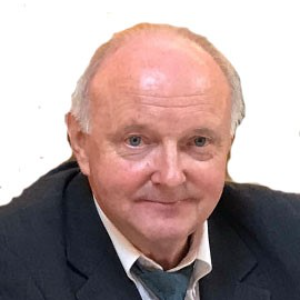
Bernd Blobel
University of Regensburg, Germany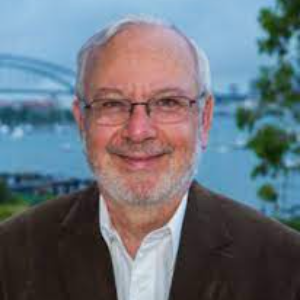
Roy Gary Beran
University of New South Wales, Australia
Matthias Schwab
University of Tubingen, Germany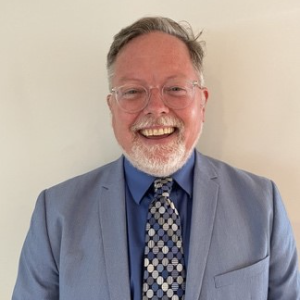
Thomas Webster
Interstellar Therapeutics, United States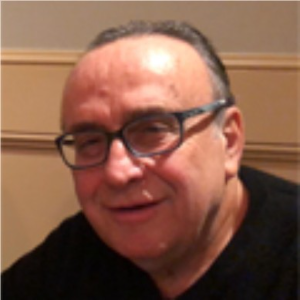
Boris Tankhilevich
Magtera, Inc., United States
Isabella Friis Jorgensen
University of Copenhagen, Denmark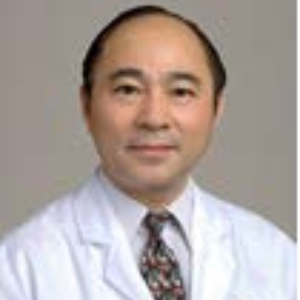
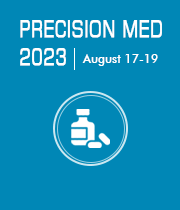

Title : The use of anti seizure medication therapeutic blood level determination to personalise the treatment of epileptic seizures especially in patients attending the accident and emergency department
Roy Gary Beran, University of New South Wales, Australia
Title : Personalized and precision medicine (PPM) can be established as a unique healthcare model through biodesign-driven and inspired biotech, translational applications. This approach aims to ensure human healthcare, wellness, and biosafety.
Sergey Suchkov, Institute for Biotech & Global Health of RosBioTech and A.I. Evdokimov MGMSU, Russian Federation
Title : Monitoring folds localization in ultra-thin transition metal dichalcogenides using optical harmonic generation
Ahmed Raza Khan, Australian National University, Australia
Title : A systematic review of regulatory approaches for Direct- To- Consumers (DTC) genetic testing
Kavitha Palaniappan, Duke-NUS Medical School, Singapore
Title : Regulatory framework of in vitro diagnostic and artificial intelligence for precision medicine
Pei Ting Sarah Chou, Regulatory Affairs Professionals Society, Taiwan
Title : Unraveling cancer stem cell signatures in circulating tumor cells of metastatic colorectal cancer: Investigating ALDH1A1 and the repurposing potential of disulfiram via scRNA-seq
Nurul Syakima Ab Mutalib, Universiti Kebangsaan Malaysia, Malaysia